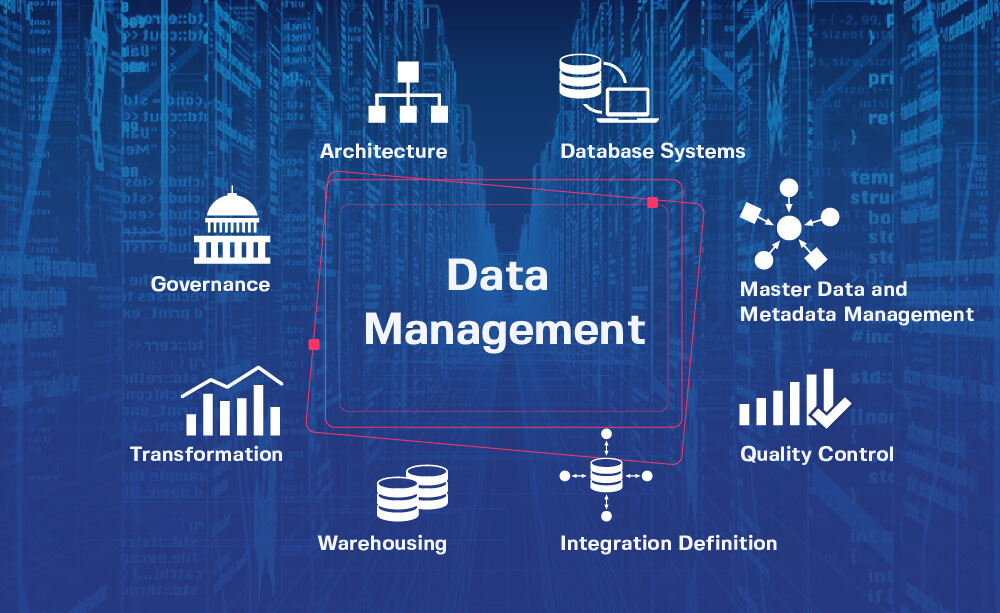Khalid Masood Khan
Data protection is an important aspect of governance in countries around the world, as it involves the safeguarding of sensitive information in both the public and private sectors. In the public sector, data protection is crucial as it involves the collection, storage, and processing of confidential data, including personal data, medical records, financial information, and other sensitive information that needs to be protected against theft, misuse, or unauthorized access. In the wrong hands, this information can cause significant harm to individuals, ranging from identity theft, financial loss, reputational damage, or even national security.
Similarly, in the private sector, data protection is essential as it involves customer data, trade secrets, and other confidential information that businesses must protect against unauthorized access. Data breaches can cause significant harm to a business, affecting its reputation, customer trust, and financial stability. In today’s digital age, data is a valuable asset that businesses rely on to gain insights, improve their products and services, and remain competitive. Therefore, it is essential for businesses to have efficient data protection policies and technologies in place to safeguard their data and comply with data protection regulations.
Furthermore, data protection is critical for a country’s digital transformation and economic growth. Countries that prioritize data protection can create a conducive environment for innovation, investment, and entrepreneurship. By enacting robust data protection laws, countries can attract foreign investment and foster international trade. Moreover, data protection can help build trust between citizens and the government, leading to improved services, increased participation, and better governance. In the private sector, data protection can foster innovation by allowing businesses to collect and analyze customer data without compromising privacy. It can also promote competition by ensuring that businesses compete on equal grounds, with no one having an unfair advantage due to access to confidential information.
To ensure effective data protection, countries need to establish comprehensive legal frameworks that delineate and protect the digital rights of individuals and organizations. Such frameworks should emphasize transparency, accountability, and participation, allowing relevant stakeholders to provide their insights, contribute to the meaningful discourse, and participate in decision-making processes. Moreover, countries need to invest in efficient technologies and policies that can protect data against unauthorized access, theft, or misuse. By doing so, countries can build a secure and prosperous digital future for their citizens and businesses.
The recent revelation by a Joint Investigation Team (JIT) about the theft of sensitive personal information of 2.7 million Pakistani citizens from the National Database and Registration Authority (NADRA) over a period of four years is a matter of serious concern. The fact that the stolen data was transferred to Dubai and eventually sold in Argentina and Romania only adds to the gravity of the situation. This breach not only undermines citizens’ trust in governmental institutions but also exposes them to various dangers and susceptibilities.
While the recommendations made by JIT regarding technological advancements are essential in mitigating the immediate repercussions of this breach, they are only the tip of the iceberg. The main concern is not just about technological shortcomings; it is also about the absence of comprehensive data protection legislation ensuring accountability of those tasked with the responsibility of protecting individuals’ sensitive data. The need to establish legal frameworks that delineate and protect the digital rights of individuals is necessary in today’s swiftly evolving landscape of technology.
Pakistan, in its current state, lacks comprehensive laws regarding data protection, making personal data extremely vulnerable. Although the Prevention of Electronic Crimes Act of 2016 addresses some electronic crimes, including unauthorized access to personal data, it fails to provide a robust legal framework required for protecting the sensitive information of citizens. The recent introduction of the Personal Data Protection Bill 2023 by the Ministry of Information Technology and Telecommunication (MOITT) is a step in the right direction, but it is yet to be promulgated into law.
However, the current form of the Bill remains riddled with several notable gaps, presenting a multitude of exceptions rooted in ambiguous criteria like “national security” and terms with broad interpretations such as “public interest” and “legitimate interest.” This shortfall in the Bill robs relevant stakeholders of the opportunity to contribute their valuable insights and participate in meaningful discourse aimed at digital transformation and data protection.
To effectively advance its data protection strategy, Pakistan must prioritize transparency from the outset. Holding public discussions and debates about proposed data protection legislation is extremely vital—an essential step to assuage concerns and instill confidence in governmental initiatives. The misuse of personal data to influence people without their knowledge is not only alarming, it is downright dangerous. It compromises individuals’ ability to meaningfully participate in democracy, and this issue goes to the very heart of what it means to have a free and informed society.
Please, subscribe to the YouTube channel of republicpolicy.com

















































